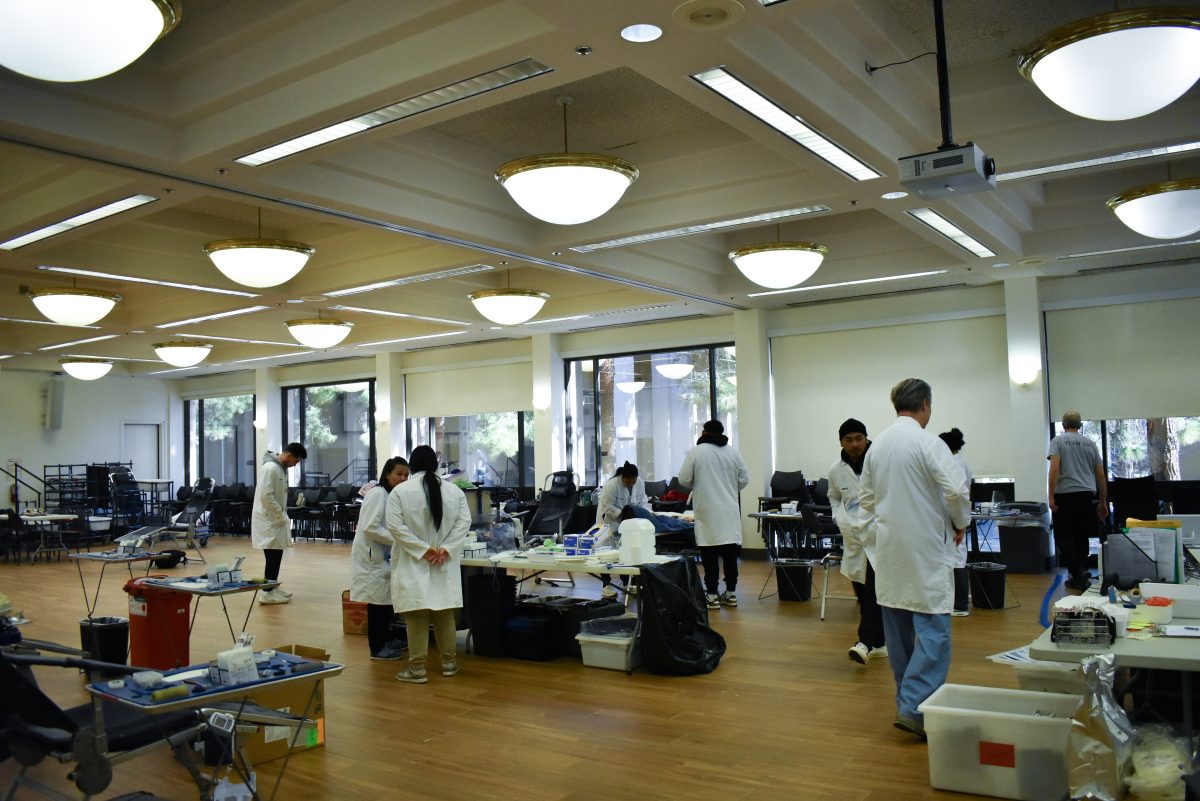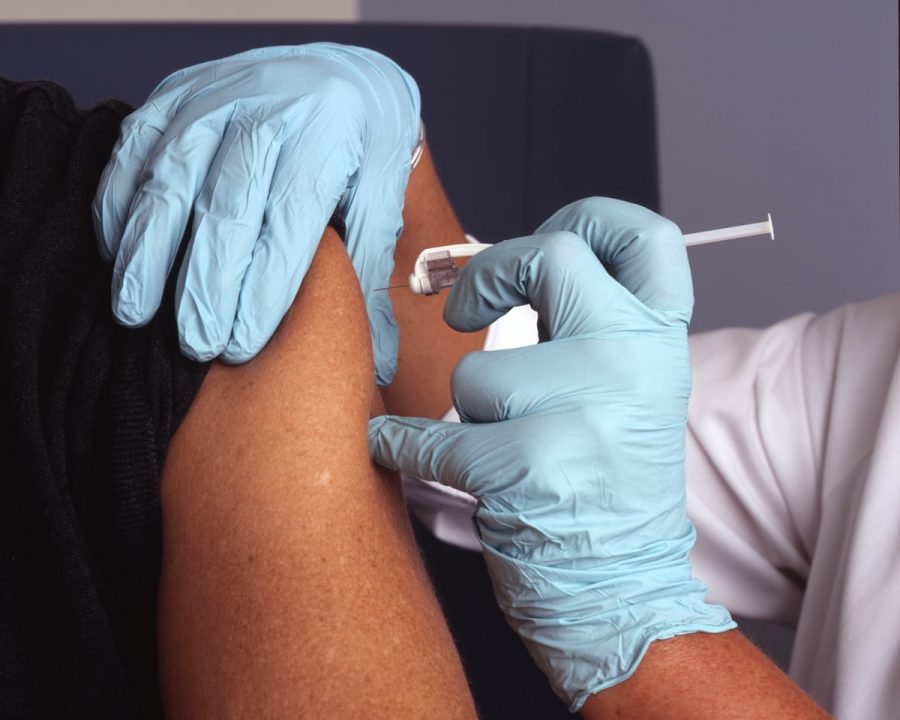The “it won’t happen to me” complex has blinded people of all ages for many years.
However, anything can happen in the realm of the unknown, especially when it comes to contracting diseases that are self-inflicted or occur naturally.
Sexually Transmitted Diseases, or Sexually Transmitted Infections, may be some of the most well known in terms of reputation, but many people do not know the details about them other than hearsay, as opposed to facts, statistics and pamphlet information.
“It is imperative [to become educated] because otherwise you can end up in the hospital without knowing what you have and what the symptoms are telling you. Honestly, I didn’t know much about STDs until I took a human sexuality course,” De Anza student Jordan Campbell said.
The Center for Disease Control estimates that 19 million new sexually transmitted disease cases occur each year, and almost half of these are among people between the ages of 15 to 24. Also, one in five college students has an STD.
“People need to wake up and realize that this is an epidemic that is sweeping our age group, it shouldn’t take a class for them to realize just how common it is,” De Anza student Christine Jehng said.
For students unaware, there is a health center on the De Anza College campus solely for the use and benefit of the students.
The student health center is located directly below the food center in the Campus Center, and offers free services such as information consultations, TB screening, blood pressure tests, pregnancy tests, over the counter medications, smoking cessation counseling, flu shots and even low-cost services such as physicals as well as immunizations and emergency contraception.
“Sex is such a complex subject, but you owe it to yourself to get tested. You need to protect yourself because it’s not enough to say that it won’t happen to you because the statistics are huge,” said De Anza Health Educator Mary Jo Lomax.








